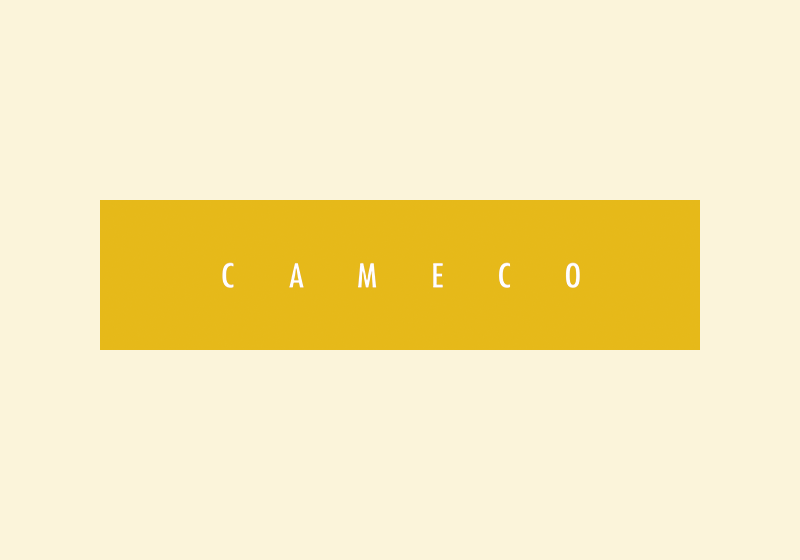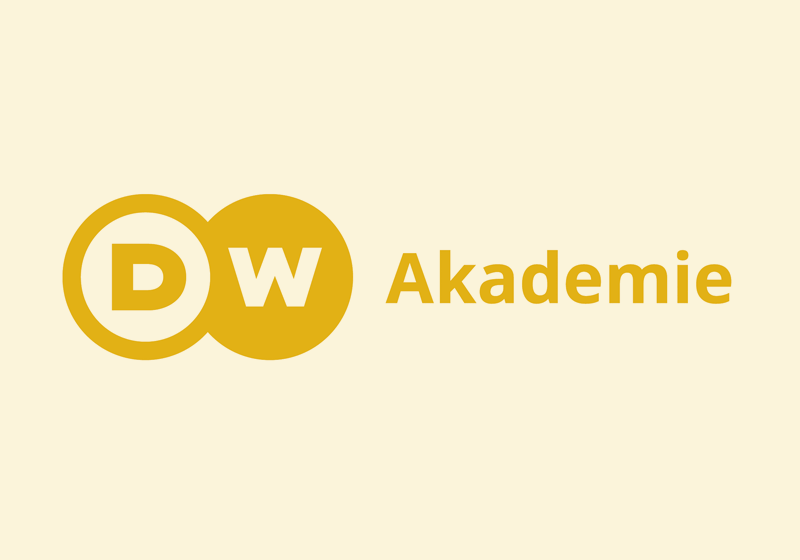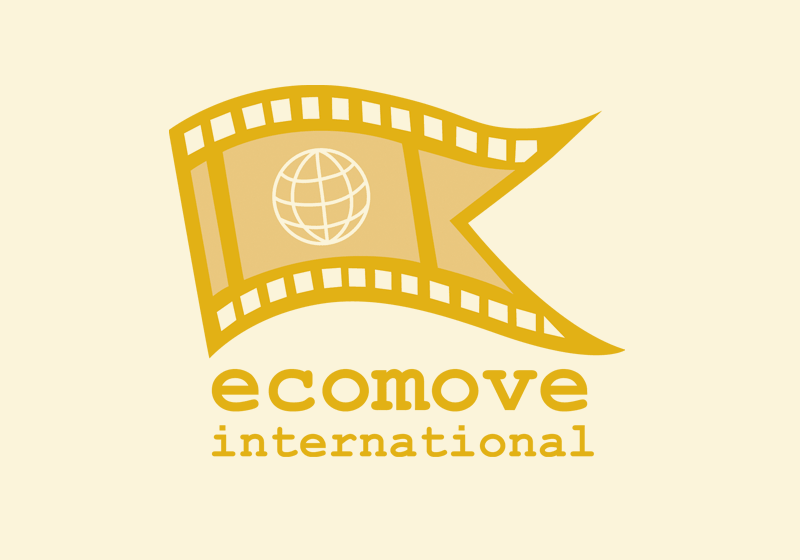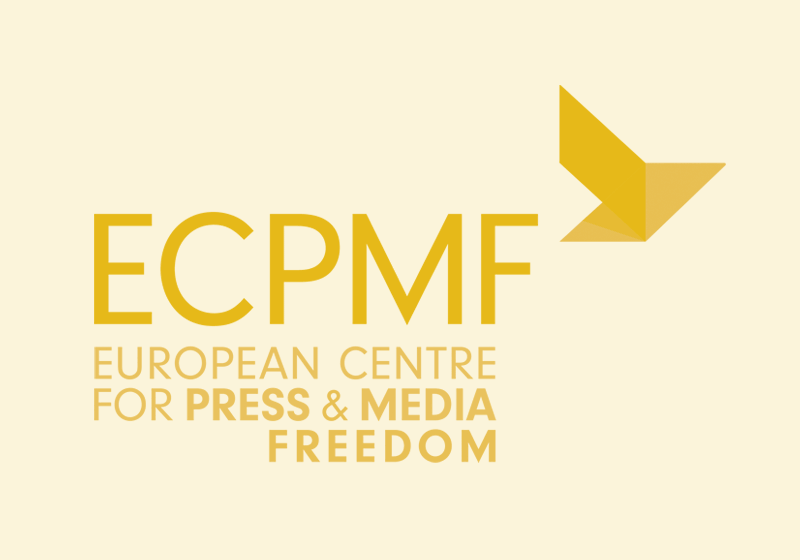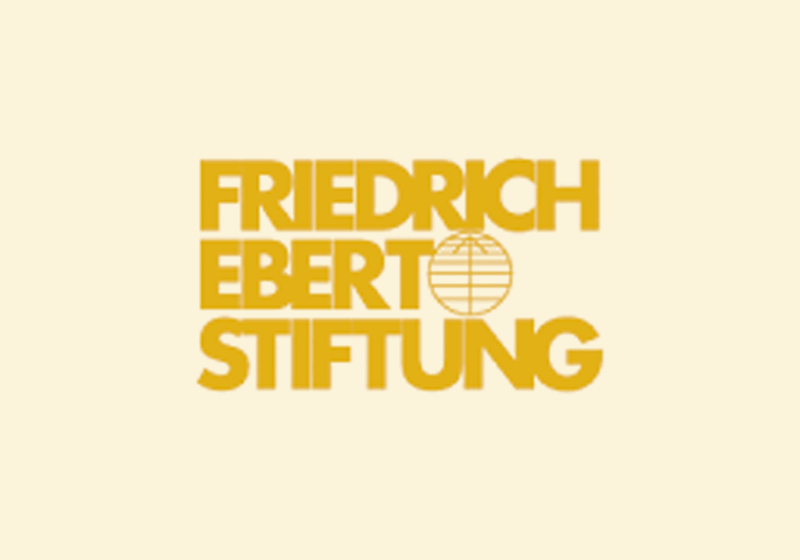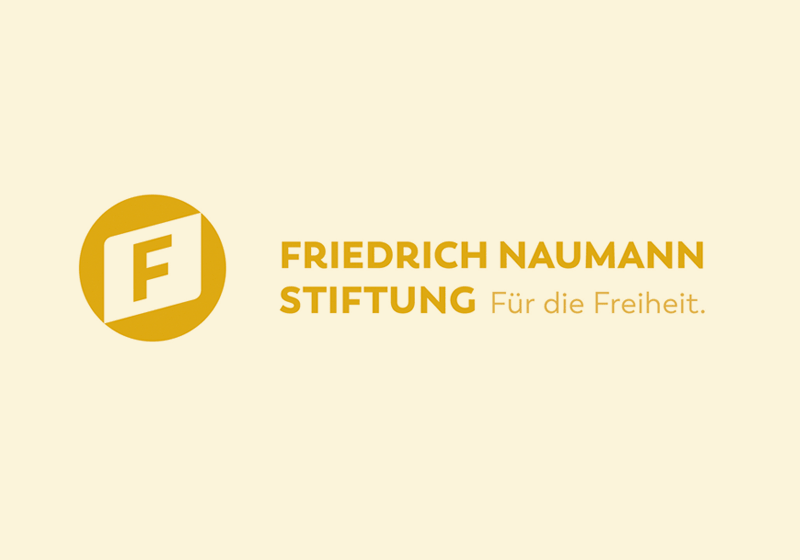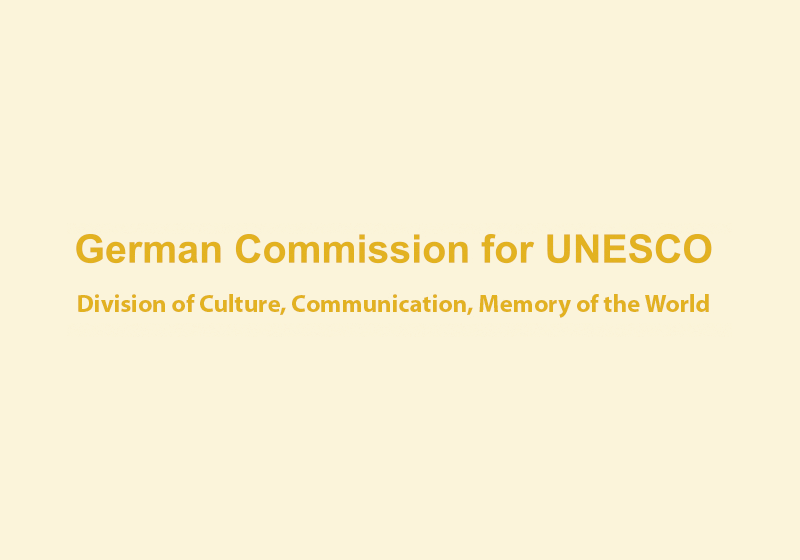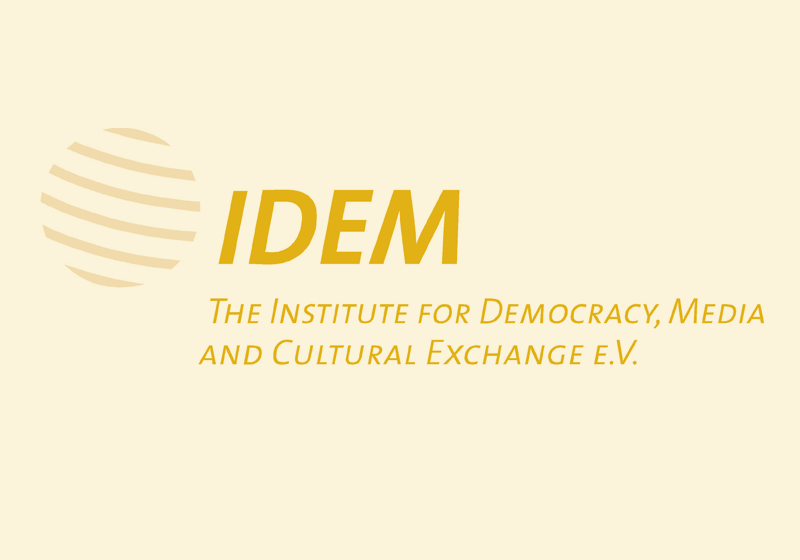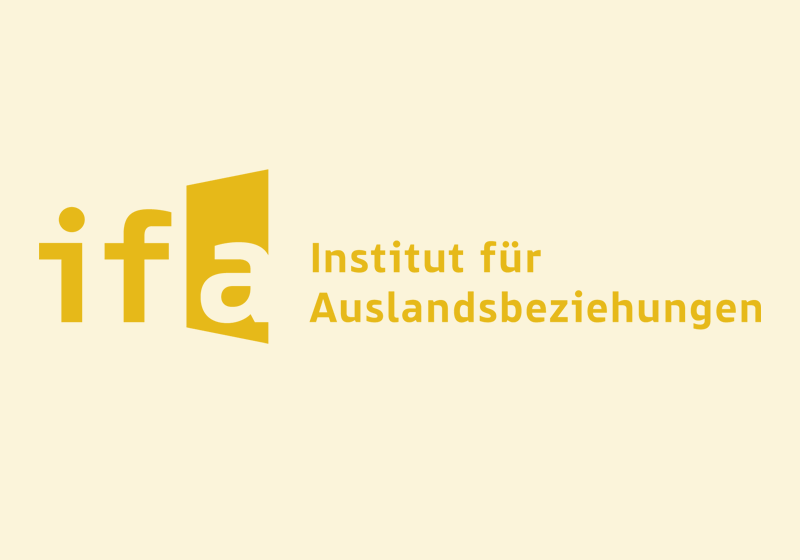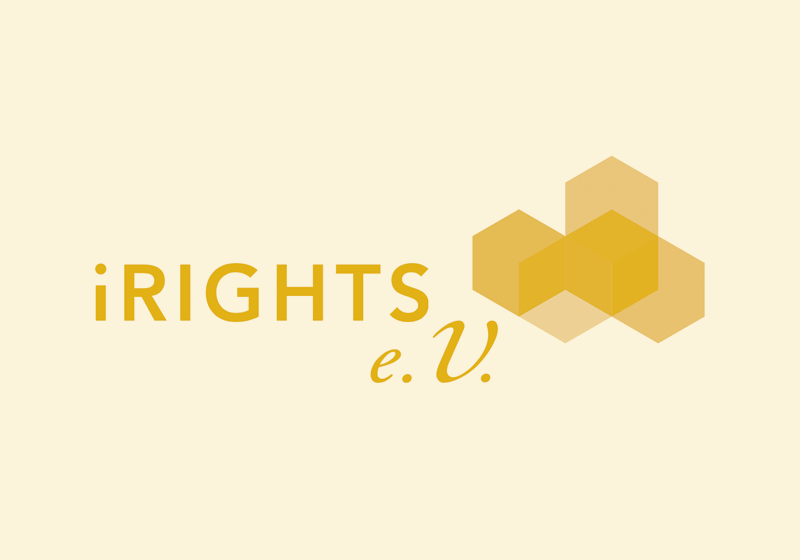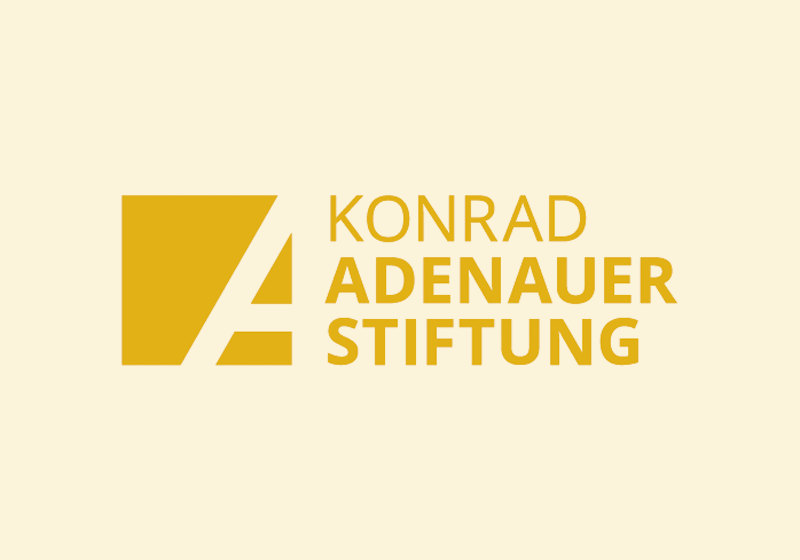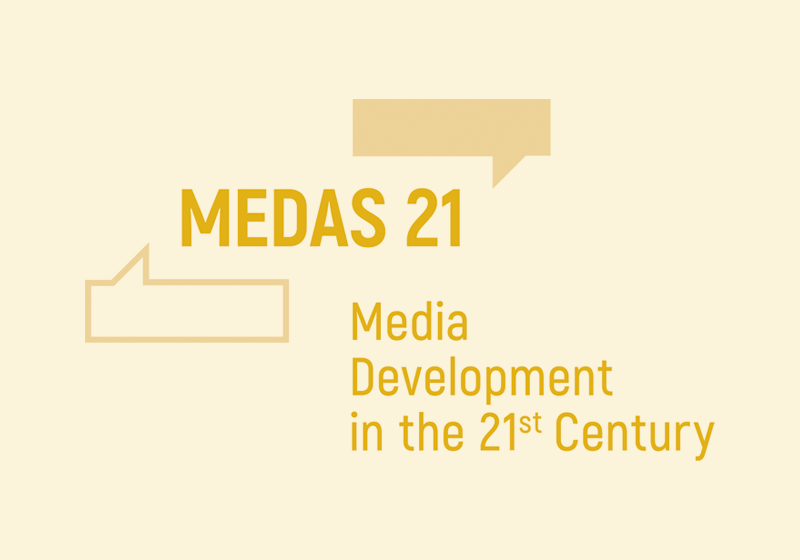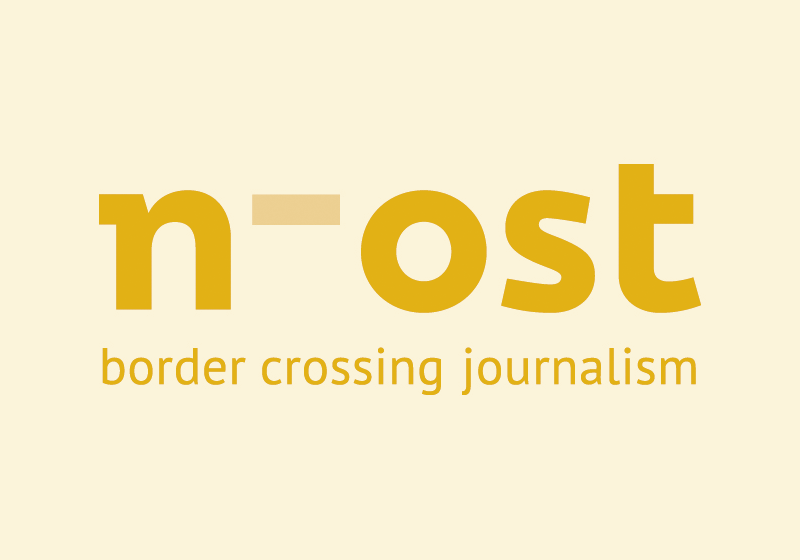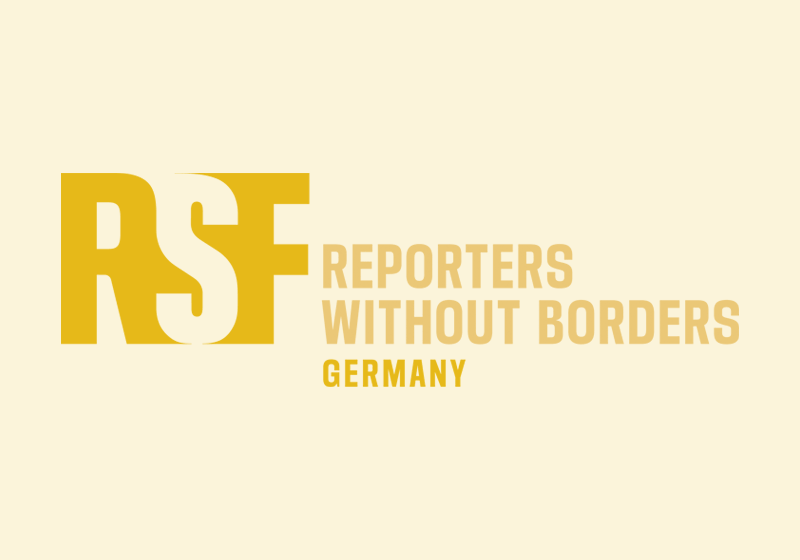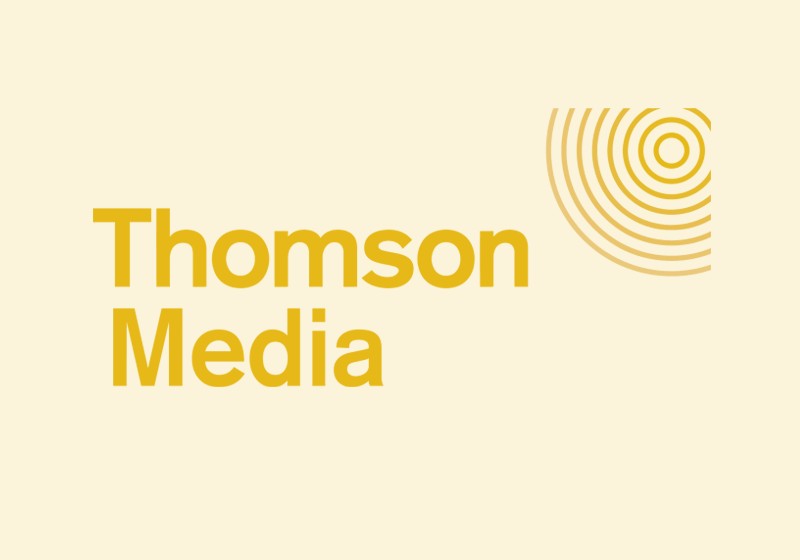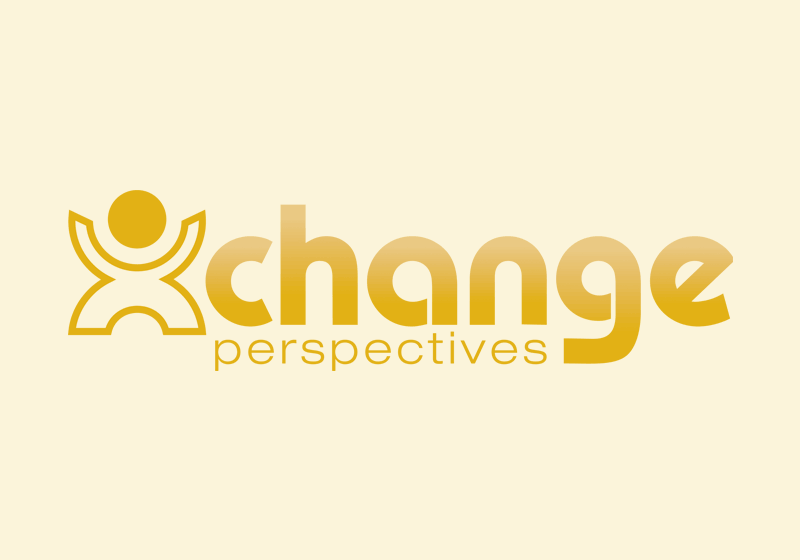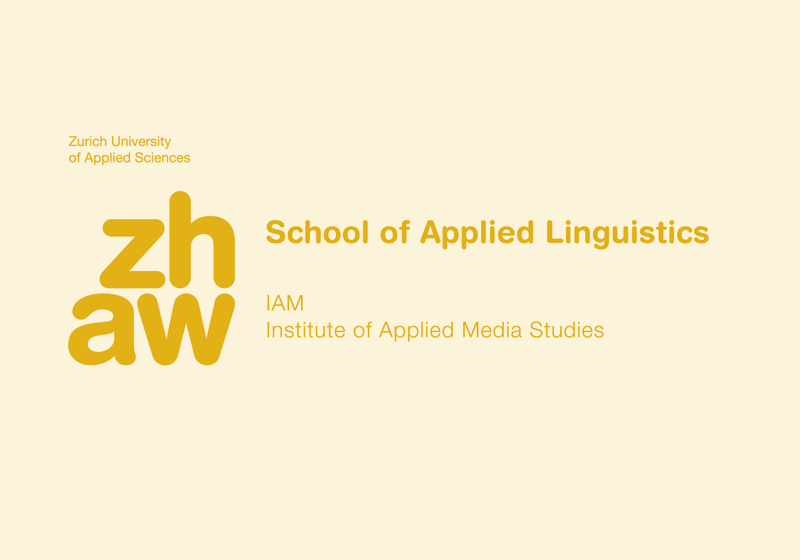Believe it or Not! Enquiries about TRUST in media (assistance)
Thursday, 18th Nov. 2021
8.00 Registration
9.00 Welcome Notes by Frank Priess, Deputy Head European and International Cooperation at the Konrad-Adenauer-Stiftung; Irene Plank , Director of Strategic Communication at the Federal Foreign Office and Astrid Kaiser, Senior Advisor, Federal Ministry for Development and Economic Cooperation, Division for Media, Culture, Creative Industries, Sport.
9.15 Introduction by Anja Wollenberg, Head of Research with MiCT
09.30 Contextualizing TRUST: what are we actually talking about?
Keynotes by
Nicole Stremlau: Research Professor in the Humanities at the University of Johannesburg and Head of the Programme in Comparative Media Law and Policy at the University of Oxford.
Benjamin Toff: Lead researcher in the Trust in News Project at Reuters Institute for the Study of Journalism; Assistant Professor at Hubbard School of Journalism & Mass Communication, University of Minnesota.
Q&A
11.00 Coffee Break
11.30 Issues with trust in fragile contexts: what impact for armed violence and transition on media perception?
Panel hosted by EC4SC and MiCT
Media use and media perception are affected by tides of political stability and by the very features of political culture. In fragile states, due to weak or absent regulation, media users often have to cope with an excessive abundance of information sources. The media system is open and bursting, pluralistic and fragmented, but difficult to navigate. Faced with a cacophony of serious as well as dubious voices, individuals may feel overwhelmed and they may become skeptical of media and the journalistic profession. What is more, in conflict environments, trust in media is challenged by instrumentalization and media capture: conflict parties use media as tools to fight their enemies and support their allies; large corporates use media to manipulate public opinion in favor of their economic interests.
In this panel we investigate how political conflicts and emerging media structures in Libya, Iraq and Afghanistan have an impact on media perception and trust in media. We further ask: What place for (dis)trust in the concept and reality of media literacy?
Moderator:
Carola Richter, Institute for Media and Communication Studies at the Free University Berlin
Speakers:
Hazrat Bahar, Shaikh Zayed University in Khost province of Afghanistan/Shanghai University
Anke Fiedler, Research associate with MiCT; Project leader in the EU-funded RePAST project at LMU Munich
Anja Wollenberg, Head of research MiCT
12.30 Lunch (90 min)
14.00 Issues with trust in (semi-) authoritarian contexts
Panel hosted by Friedrich Naumann Stiftung für die Freiheit and n-ost
In Russia and Turkey, the governments have been clamping down on press freedom, with increasingly repressive laws being passed in the two countries. In Russia, since the end of 2020, journalists are being included in the register of “foreign agents”, with devastating consequences for their ability to work. In Turkey, 97% of media is now controlled by the government. Additionally, targeted disinformation and defamation campaigns and stifling media legislation serve to undermine trust in independent and critical reporting and further curtail press freedom.
In this comparative discussion, we seek to analyse what strategies independent media in Russia and Turkey have found to deal with the continuous efforts to damage their credibility. How do audiences respond to decreasing press freedom and media pluralism? And how are media perception, media literacy and trust affected by authoritarian politics?
Moderator:
Sergey Parkhomenko, Journalist, Publisher & Senior Advisor, Kennan Institute at the Wilson Center
Speakers:
Ferhat Boratav, TV journalist in Turkey (formerly CNN Türk)
Galina Arapova, Mass Media Defence Center Russia
15.00 Break (30)
15.30 Lessons learned from crisis communication: How can trust in media be improved?
Panel hosted by DW Akademie and Thomson Foundation
Close, vibrant and, not least, trusting relationships between media and the public are a cornerstone of viable media ecosystems. This is especially true in times of crisis, as it has been shown time and again, most recently by a DW Akademie study on repercussions of Covid-19 on global media freedom. Stella Suge, Country Director of Film Aid Kenya (FAK), shares her perspective on how trust can be won and must be cultivated. For her, small local media play an important role not only as reliable providers of information, but also as enablers of civic dialogue. FAK works in Kakuma and Dadaab refugee camps as well as informal urban settlements in Nairobi, to support and empower these marginalized communities and deliver life-saving information to those who need it most. DW Akademie works closely with FAK in Kakuma refugee camp on a programme called Sikika which is Swahili for “be heard”.
Public trust in the media has been challenged on many fronts in the Western Balkans as well, whether caused from pressure by authoritarian regimes, the absence of effective audience-related strategies or the lack of knowledge of new business models to sustain local media organizations. Davor Marko, Balkans Programme Manager at the Thomson Foundation, presents issues of distrust and trust using a variety of examples from the Western Balkans. He will emphasise so-called ‘mission’ or ‘mission-led media’ which have at their core the building of long-term and trusting relationships with their audiences. According to Davor, this requires constant re-branding in order for them to stay relevant and meaningful to their users, allowing for community-based models such as donations, memberships and crowdfunding to work. Norbert Sinkovic, Chairman of the Managing board of the Independent Journalists’ Association of Vojvodina (Serbia), shares his experiences of the association’s transformation into a well-organised and service-oriented media hub, capable of offering support in audience engagement and community-based models to local media in Serbia and beyond.
Moderator:
Friederike von Franqué (IDEM)
Speakers:
Stella Suge, Country Director FilmAid Kenya (v)
Norbert Sinkovic, Chairman of the Managing board of the Independent Journalists’ Association of Vojvodina (Serbia)
Davor Marko, Balkans Programme Manager at the Thomson Foundation
16.30 Does data journalism help the local press out of the crisis?
Panel hosted by IDEM
Data journalism can build trust in reporting and clarify complex relationships. Local journalism is the anchor format for building trust in media per se, the starting point for regaining lost trust. At the same time, local journalism is in deep crisis. So doesn’t it make sense to merge these two fields? To what extent has this already happened, is it worth the effort, and what are the advantages and disadvantages for editorial teams?
Especially in times of crisis, people need media they can trust. But traditional media are increasingly being accused of being close to the state or profit-driven – and their credibility is thus being called into question. Data journalism is based on data and facts and is comprehensible on the basis of figures. So would data journalism be a solution model to help local journalism out of its crisis? Would it be an anchor to get local newsrooms on their feet financially? But does it pay off for newsrooms to increasingly use data journalists? With bundling formats like research alliances or with data newsrooms?
Moderator:
Friederike von Franqué (IDEM)
Speakers:
Anastasia Valeeva, Data journalist and co-founder of the School of Data in Kyrgyzstan and Russia
Altynai Mambetova, School of Data in Kyrgyzstan
Friday, 19th Nov. 2021
9.00 A universal approach to trust? How media worldwide counter mistrust with transparency – RSF’s Journalism Trust Initiative
Panel hosted by Reporter Without Borders
Populism, hate, untruths: Many readers find it difficult to recognize credible journalism on the internet and to distinguish between facts, opinion, and disinfomation. With the Journalism Trust Initiative, Reporters Without Borders (RSF) has created a transparency standard that allows media to evaluate and citizens, platforms and advertisers to scrutinize editorial practices. Co-developed with 130 representatives from media, civil society, the platform industry, regulators, and academia, it is an effort to respond effectively to a complicated challenge. Can visible transparency about ownership and editorial processes offer a solution with global appeal? The Indian nonprofit news website The Wire has applied JTI as one of the dozens of trailblazers worldwide, large and small, in its pilot phase to examine its own rules and practices and will share recent insights.
Speakers:
Lisa Dittmer, Advocacy Officer for Internet Freedom, RSF Germany
Siddharth Varadarajan, Founding Editor of The Wire (India)
9.30 Result Chain Oriented Impact Evaluation – A new method to know in detail how media recipients process information in their social context
Panel hosted by Institute of Applied Media Studies (IAM) Zurich University of Applied Sciences (ZHAW)
The question how media users process information provided by media is usually not raised in media assistance programmes. Although on paper most media assistance aim at achieving goals that have to do with practices or attitudes of people, for example “higher participation”, “engagement”, “increased awareness or knowledge” or “more of specific practice XYZ”.
Result chain oriented evaluation is a “new” type of impact evaluation, built on the original concept of Theories of Change (and not the current ones!) that focusses on what media users think and do in detail with information received by media, how they work with it in their existing mindset and socio-cultural context, describing in detail and tracing with media recipients the way towards expected change. This kind of evaluation allows the media assistance sector mainly to learn how media users make sense from media content in a specific context, and thus has a high potential for the sector.
The presentation reports on results of first exercises with the new instrument in Niger and what the sector could learn from that.
Speaker:
Christoph Spurk, Institute for Applied Media Studies in Zurich
10.00 Break (30 min)
10.30 Does knowing you mean trusting you? Exploring audience perception of local media
Panel hosted by Friedrich-Ebert-Stiftung, Weltfilme and CAMECO
It is a common assumption that local media, especially community media, enjoy the trust of their audiences as a natural consequence of their proximity. But does proximity really translate into trust? The session will focus on some of the challenges and pitfalls and explore ways in which trust can be earned, sustained or increased in the relationship between media practitioners and their local audiences.
In the first segment (Encountering Challenges of Community Media), Prof. Vinod Pavarala, UNESCO Chair on Community Media, will explore some of the major challenges with respect to community radios in South and South East Asia to which Vivienne Marara and Tom Mboya, Coordinators of Community Radio Networks in Zimbabwe and Kenya will answer.
In the second segment (Talk back to the screen!), Ghanaian filmmakers and activists Kwabena Eddie Mankata and Aseye Tamakloe will share their experience of the impact of direct audience interaction at mobile cinema screenings and local film festivals and the doubts or trust they encounter when presenting fictional or documentary films.
Moderator:
Birgitte Jallov, Empowerhouse
Speakers:
Kwabena Eddie Mankata, author, filmmaker and film lecturer at YMCA Ghana (v)
Aseye Tamakloe, filmmaker, film lecturer at NAFTI (Accra, Ghana), festival programmer (v)
Prof. Dr. Vinod Pavarala UNESCO Chair for Community Media, University Hyderabad (v)
Vivienne Marara, Coordinator Zimbabwe Association of Community Radio Stations (ZACRAS) (v)
Tom Mboya, Coordinator Kenya Community Media Network (KCOMNET) (v)
12.30 Lunch (90min)
14.00 What role for trust in international media support collaboration?
Panel hosted by Interlink Academy, MEDAS 21, Thomson Foundation
Trust between journalists and their audience is an important topic in media development. It is the main topic on this conference too. But what about trust (and distrust) between the various actors in media development? Between IMAOs and their partners? Between donors and stakeholders in the so called ‘field’? In all these relations trust appears to be a pressing issue which depends on partnership, ownership and cooperation across world regions and (institutional) cultures. In this panel, we look at the issue of trust from various perspectives in order to deepen our understanding of its role in international media development cooperation. Based on a variety of examples – ranging from the Pakistani, the German and the agricultural context – as well as broader empirical evidence, we hope to spark a lively discussion.
Moderator:
Christine Liehr, Thomson Foundation
Speakers:
Said Nazir, Tribal News Network, Pakistan
Christoph Spurk, Institute for Applied Media Studies in Zurich
Ines Drefs, Program Director MEDAS 21
Werner Eggert, Managing Director Interlink Academy
15.30 Break
16.00 China as a rising competitor in media development – from the perspective of local journalists
Panel hosted by Konrad-Adenauer-Foundation (KAS) and Reporters Without Borders (RSF) Germany
Various Chinese actors, including government agencies, State-owned media, diplomatic missions, private media and telecommunications companies, are investing billions into an international media strategy to influence the flow of information beyond China‘s borders. All-expense-paid visits to China and training programs for foreign journalists organized by the state broadcasting administration authority are a key component of this strategy. Thousands of foreign journalists from 146 countries have so far completed one of those trainings. The conveyed idea of journalism is, however, not one of a watch dog: “Western” understanding of press freedom and media independence is considered as a threat for the CCP.
Journalists from Africa and Asia who participated in both training programs organized by Chinese authorities and media development organizations from democratic countries will give an insight on how the training programs differ in content and access to them. They will share what makes journalist trainings attractive and relevant for their respective contexts – and suggest how media development organizations from democratic countries could become the more trustworthy provider of training programs. The session will also discuss with a German journalism trainer what journalistic quality standards should be on training agendas in order to lay foundations for a trustworthy journalism practice.
Moderator:
Anne Renzenbrink, RSF Germany
Speakers:
Adnan Aamir, Editor – Balochistan Voices & Freelance Journalist in Pakistan; former RSF fellow
Joseph Odindo, Aga Khan University Nairobi; former Editorial Director at Nation Media Group
Mareike Ohlberg, Senior Fellow Global Marshall Fund Asia Program
(v) = virtual attendance


